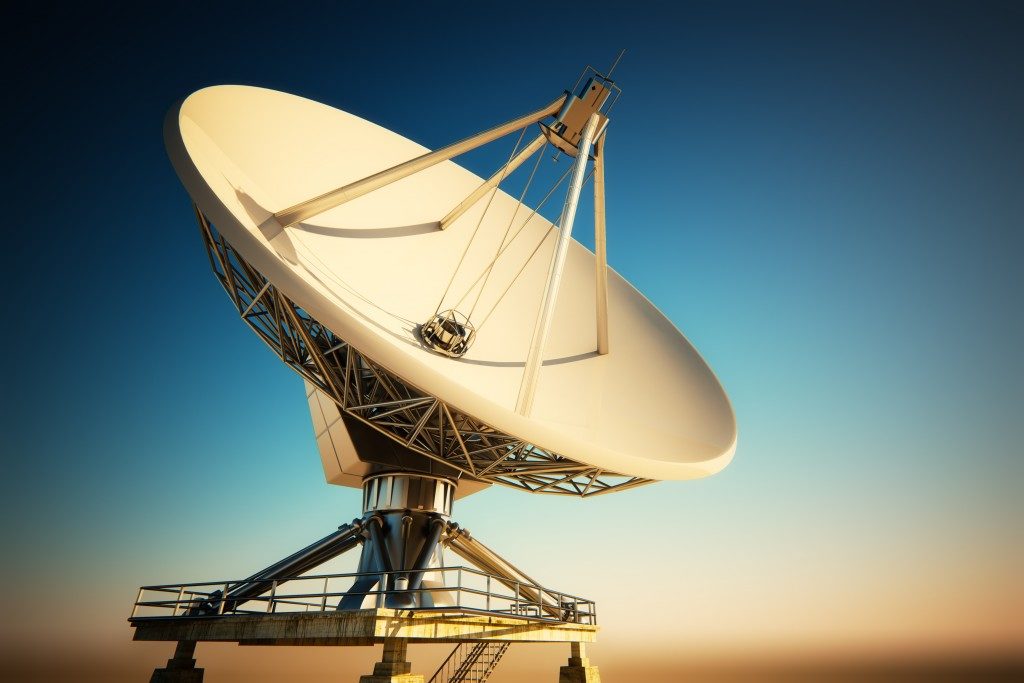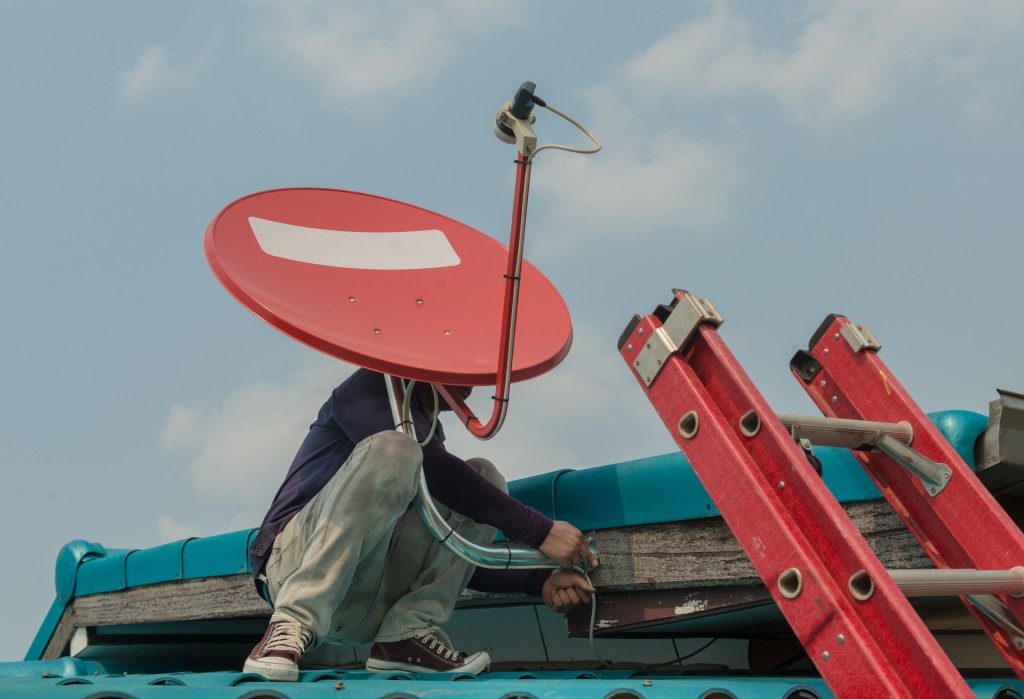Having high-speed Internet access in the middle of nowhere seems too good to be true, but it is very much possible through satellite Internet. You want portable online access that you can take with you on a long trip across the country through remote, rural areas. You want something readily available in case of a dire need to contact someone from a place where cellular networks don’t work. Online access like this, in some scenarios, can even mean the difference between life and death. Here are the answers to some common questions about portable satellite internet:
How does it work?
Satellite internet is one of the many ways for you to go online. How does it work? Let’s first list a few important things: your computer, your modem, and three important dishes. First is a satellite dish near you, another is a dish orbiting in the sky, and the last one is your chosen Internet service provider (ISP).
Say, you want to load a page. Your provider is bound to provide Internet service. Your computer sends a request signal to them for this particular page that you want to load. The modem’s job is to translate this signal into language understandable by computers. Your satellite dish beams this translated signal to the satellite dish in the sky, which in turn sends it to the dish at your ISP. Your ISP will now send back to you your desired Internet signal – so you can load your page – through the same way your request signal came.
To sum up, your computer sends a request signal, the modem translates it, your dish beams it to the sky dish, the sky dish beams it to the ISP dish, then you get online access. All of these happen in a very short time, too. This quick back and forth is how satellite Internet works.
What is it for?
Travelers – both on land and in water – like to use satellite Internet so they can stay connected online even when they reach places where cellular networks are no longer present or functional. Some construction sites and businesses that deal with underground or remote, undeveloped areas (like oil and gas industries, to name some) also use satellite Internet. Most importantly, satellite Internet provides emergency responders with a way to carry out their tasks without the hindrance brought about by the absence of working cellular or 3G networks, which is common in areas of calamity or disaster.
Rural areas that are not developed or equipped enough yet to gain access online through other more modern and sophisticated existing options usually get online access through satellite Internet as well.
Will it be a good investment?

Due to recent technological developments, satellite Internet can now allow you to enjoy download speeds that can match that of DSL and cable services’. Yes, it is a good investment, particularly if you are looking for a way to be online in situations that would otherwise feel like online access would be impossible. While there is some truth to the public belief that issues arise when using satellite Internet in bleak weather conditions, the thing is that this applies to all options of online access, so it is not that much of a deal as it is generally assumed.
Satellite Internet is an ideal choice by travelers and certain industries to establish and maintain online access. This is because it’s reliable, portable, and convenient, even in the most unlikely places and circumstances.



